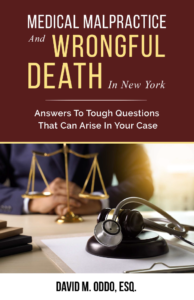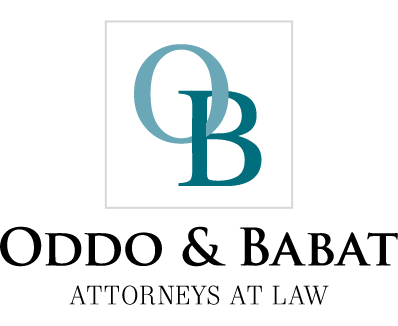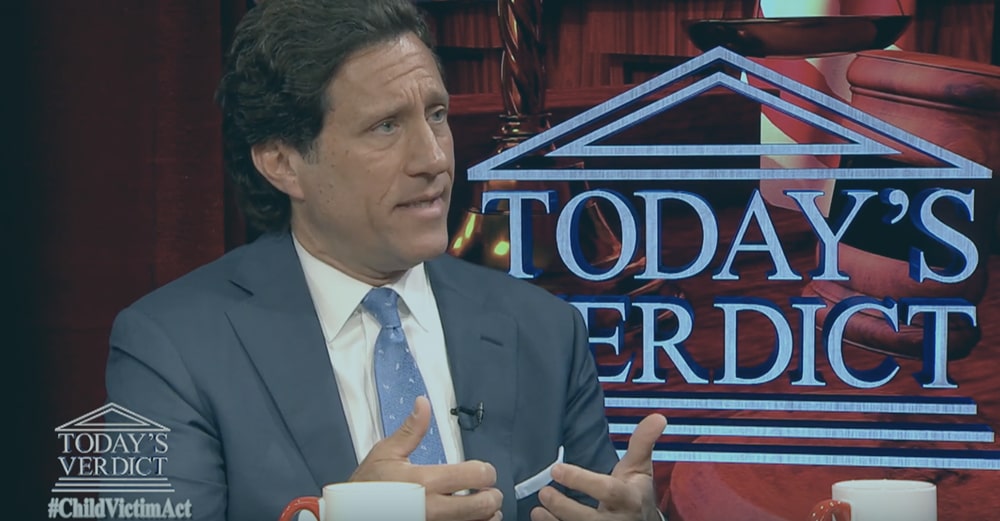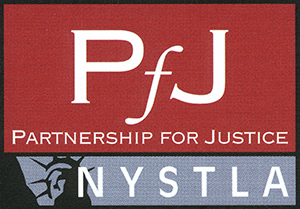Wrongful Death

New York’s current wrongful death statute was enacted in 1847 and has not been updated to reflect societal and cultural changes of the past century. The law allows a grieving family suffering the loss of a loved one to recover only for the lost income from a family member who died due to a wrongdoer’s negligence, but not for their pain and suffering. Simply put, surviving family members are not permitted to recover damages for their grief or loss. A surviving spouse is not entitled to the loss of the marital relationship. The only damages available to them are pecuniary (financial) loss and pain and suffering that the decedent experienced prior to death.
This law perversely places a higher value on the lives of high-wage earners, over those who earn little or nothing – such as children, stay-at-home parents, and senior citizens. Unlike the law in almost every other state, New York’s antiquated law allows recovery only for pecuniary loss, which unjustly ignores the emotional damages of wrongful death on the family, such as grief, loss of affection, and loss of counsel.
The New York State courts have frequently noted that our Wrongful Death Law is archaic and unconscionable. Time and again, courts have called upon the New York State Legislature to correct this historical anomaly – because recognizing only the financial cost, and not the human cost, of a wrongful death undermines the basic principles of justice that value and protect human life. Most notably, in Thurston v. State of New York, the court stated:
“Yes, hard cases make bad law, and the corollary is that bad laws make hard cases. The application of New York law to the facts of this case lead to the inevitable and very unpleasant conclusion that, although Defendant was negligent, and this negligence led directly to Cheryl Thurston’s death, there can be no recovery in this action. I find cold comfort in the fact that I am not the only judge to have struggled with the fact that the laws of this great State appear to place no intrinsic value on human life. In Gary v Schwartz (72 Misc. 2d 332 [Sup Ct, Nassau County 1972]), the Hon. Daniel Albert eloquently lamented New York’s “callous approach” to the valuation of a human life. He points out that our draconian wrongful death statute has changed little since 1846 (Lord Campbell’s Act), when it grew out of exploitative child labor laws. “Since the appalling child-labor conditions have long since been eradicated, how can a formula based upon such a condition remain applicable?” (Gary at 338). The ultimate scandalous irony is that, had Cheryl been chattel rather than a human being, Claimant could recover the lost value of her property.
It is repugnant to the Court to have to enforce this law which places no intrinsic value on human life and is “no longer relevant and applicable to our contemporary social structure and mores” (Gary at 337). Although I add my voice to the chorus of those who would call upon our legislature to address this fundamental injustice in our wrongful death statute, I have no choice but to honor and faithfully apply the law as it now stands, and dismiss Claimant’s action in its entirety.” [1]
The injustice described so eloquently by the court has, like so many societal injustices, been deepened and exposed by the COVID-19 pandemic. New York’s law prevents accountability for the tragic deaths of so many beloved grandparents and essential workers who put their lives on the line for each of us. The law acts as a shield for negligent actors, rather than protecting the most vulnerable among us.
Inequality in our civil justice system extends beyond the current crisis. One of the ongoing tragedies of our time is the horrifying incidence of maternal and infant mortality in our communities of color. Due to persistent discrimination, families of color are not only more likely to die in childbirth, they are more likely to be low-wage earners and less likely to be compensated for the unbearable loss of a parent or child.
New York’s civil justice system is founded on the concept of holding wrongdoers accountable for the harm that they cause. The goal of this system is to compensate those who are harmed by others’ wrongful acts and to deter negligent, reckless, and unlawful conduct. These sound principles can be best advanced by holding a wrongdoer liable for the full extent of the harm done, especially when the wrongful conduct causes the loss of a human life.
Wrongful Death Actions
Wrongful death actions in New York are governed by The New York Estates, Powers and Trust Laws (EPTL). EPTL, Section 5-4.1 which gives the right to the legal representative of the estate to bring an action for wrongful death. The right to recover damages for wrongful death is governed by EPTL, Section 5-4.3, and is known as a pecuniary (financial) loss statute. This requires the legal representative of the decedent to prove pecuniary loss which includes loss of support for the decedent’s next of kin as a result of the loss of the decedent’s earnings. In the case of the death of a parent who leaves surviving a spouse and dependent children, a claim may be made for any economic loss suffered by them. It is important to note that economic loss is not limited to loss of earnings. Loss of services to the decedent’s spouse as well as loss of parental care and guidance to the decedent’s children may be claimed, as can lost prospect of inheritance, medical and funeral expenses. In the case of the death of a child, loss of services to the parents may be claimed if there is evidence to support such a claim. Also of note is that a damage award will include interest from the decedent’s death.
When an adult wage earner with dependants dies, the central components of recovery are loss of income and loss of parental guidance.
Plaintiffs utilize the expert testimony of economists to establish the value the decedent had to his or her family. Until recently, this testimony was not admissible when a stay-at-home parent died. Now, when the decedent was not employed outside the home, the financial impact on the survivors will not involve a loss of income, but increased expenditures to continue the services he or she was providing or would have provided if he or she had lived. Experts can help the jury evaluate the value of a stay-at-home parent’s services.
Important for Clients to know:
Any settlement of a wrongful death case will need to get court approval. If the decedent left a will (which gets probated by the surrogate court), the items to be distributed out of the estate are set forth in the will. If the decedent dies intestate (without a will), there are set rules for how the court determines how the proceeds of a settlement or jury award are allocated and distributed in a wrongful death case. Furthermore, the court will scrutinize the terms, amount, and circumstances of the settlement before approving distribution.
There are also different income tax considerations for medical malpractice and wrongful death cases. Just another reason why you must have an experienced attorney representing you in these matters. For example, in New York, in a medical malpractice/wrongful death case, juries are required to adjust damages downward for income taxes that the decedent would have paid if he earned the income. However, in medical malpractice cases where the client is still alive, there is a downward adjustment, but it is done by the judge, not the jury. In non-medical malpractice wrongful death cases (personal injury/general negligence), taxes are ignored. Here, economic experts are not permitted to testify to the effect of taxes in non-medical malpractice personal injury cases.
Beware: there may be tax consequences if the decedent owed back taxes.
For more information on Wrongful Death Claims In New York, an initial consultation is your best next step. Get the information and legal answers you’re seeking by calling (646) 828 1980, call Oddo & Babat, P.C. today.
[1] Laurie A. Thurston v. The State of New York, 2013-031-019, NYLJ 1202602796553, at *1 (Ct. of Clms., NY, decided May 2, 2013).


 I consulted with David the first time a couple of years ago on a serious matter that affected a very close member of my family. Not expecting a good experience from this serious situation coupled with an attorney consultation, the entire thing surprised me as it was pleasant, professional, and completely successful. We found him clear, direct, generous and extremely knowledgeable throughout the process. I give my very strongest recommendation
I consulted with David the first time a couple of years ago on a serious matter that affected a very close member of my family. Not expecting a good experience from this serious situation coupled with an attorney consultation, the entire thing surprised me as it was pleasant, professional, and completely successful. We found him clear, direct, generous and extremely knowledgeable throughout the process. I give my very strongest recommendation








